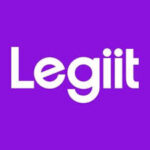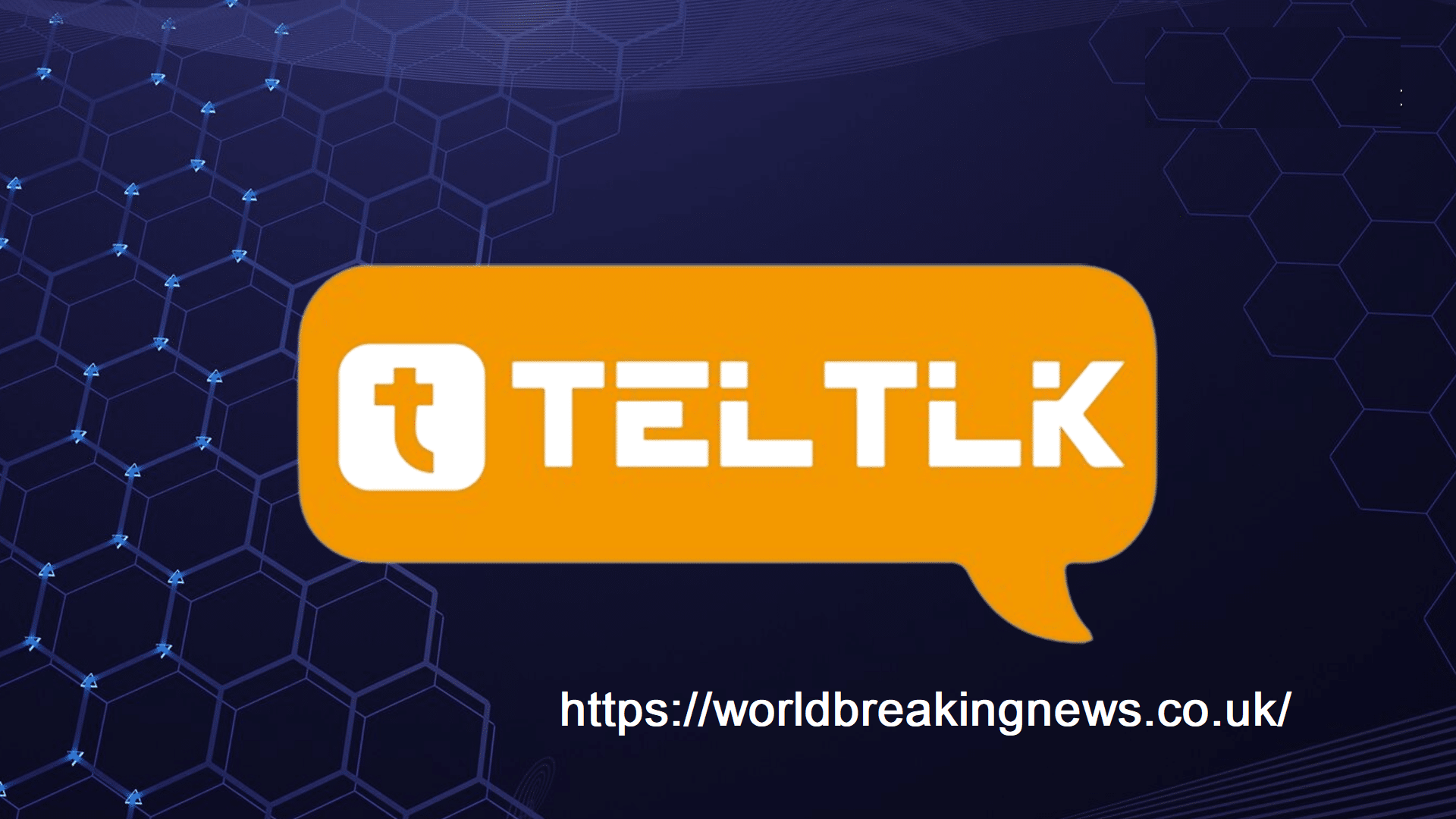Education: Empowering Minds and Transforming Lives – Education stands as the cornerstone of human development, shaping minds, nurturing talents, and paving the path for a brighter future. From ancient civilizations to modern societies, the pursuit of knowledge has been revered as the key to progress and prosperity.

Importance of Education
Since time immemorial, education has been heralded as the catalyst for societal advancement. It equips individuals with the necessary skills, knowledge, and perspectives to navigate the complexities of life. Beyond academic learning, education fosters critical thinking, creativity, and adaptability, enabling individuals to thrive in an ever-changing world.
Evolution of Education System
The landscape of education has undergone significant transformations over the centuries. What began as informal gatherings of knowledge seekers has evolved into formalized systems of schooling and higher education institutions. From the ancient Greek academies to the digital classrooms of today, education has continually adapted to meet the needs of society.
Types of Education
Education manifests in various forms, catering to diverse learning needs and preferences. Formal education, characterized by structured curricula and institutionalized learning environments, remains the bedrock of educational systems worldwide. Informal education, on the other hand, encompasses learning experiences outside traditional settings, such as self-directed study and community-based learning initiatives. Additionally, vocational education equips individuals with specialized skills and knowledge tailored to specific industries or trades, offering pathways to career success.
The Role of Education in Society
Education serves as a linchpin for societal progress, contributing to economic prosperity, social cohesion, and individual fulfillment. Economically, educated populations drive innovation, productivity, and competitiveness, fueling economic growth and prosperity. Socially, education fosters empathy, understanding, and tolerance, fostering cohesive and inclusive communities. Furthermore, education empowers individuals to realize their full potential, fostering personal growth, and fulfillment.
Challenges in Education
Despite its myriad benefits, education grapples with several challenges that hinder its universal accessibility and effectiveness. Access to quality education remains a pressing issue, particularly in marginalized communities and developing countries where barriers such as poverty, discrimination, and inadequate infrastructure impede learning opportunities. Furthermore, educational inequalities perpetuate disparities in academic achievement, perpetuating cycles of poverty and social exclusion.
Innovations in Education
In response to these challenges, the education sector has witnessed a wave of innovations aimed at expanding access, enhancing quality, and promoting inclusivity. Technology plays a pivotal role in revolutionizing education, offering tools and platforms for interactive learning, personalized instruction, and global collaboration. From online courses to virtual reality simulations, digital technologies are reshaping the educational landscape, making learning more accessible and engaging than ever before.
The Future of Education
As we stand on the cusp of a new era, the future of education holds immense promise and possibility. Emerging trends such as personalized learning, competency-based education, and lifelong learning are reshaping traditional notions of schooling, emphasizing flexibility, relevance, and continuous growth. Moreover, as the global economy evolves, the demand for skills such as critical thinking, creativity, and digital literacy will continue to rise, necessitating a reimagining of educational priorities and practices.
Conclusion
Education is more than just the acquisition of knowledge; it is the gateway to opportunity, empowerment, and transformation. By investing in education, we invest in the future, unlocking the potential of individuals, communities, and nations to thrive in an increasingly complex and interconnected world.
FAQs
- Why is education important? Education is vital for personal development, societal progress, and economic prosperity. It equips individuals with essential skills, knowledge, and perspectives necessary to navigate life’s challenges and opportunities.
- What are the different types of education? Formal education encompasses structured learning experiences within institutionalized settings, while informal education includes self-directed and community-based learning initiatives. Additionally, vocational education focuses on specialized skills and training for specific industries or trades.
- What challenges does education face? Access to quality education remains a significant challenge, particularly in marginalized communities and developing countries. Educational inequalities perpetuate disparities in academic achievement, hindering social mobility and economic development.
- How is technology impacting education? Technology is revolutionizing education by expanding access, enhancing quality, and promoting interactive learning experiences. Digital tools and platforms facilitate personalized instruction, global collaboration, and immersive learning opportunities.
- What does the future of education hold? The future of education is characterized by emerging trends such as personalized learning, lifelong learning, and competency-based education. As the global economy evolves, the demand for skills such as critical thinking, creativity, and digital literacy will continue to shape educational priorities and practices.










